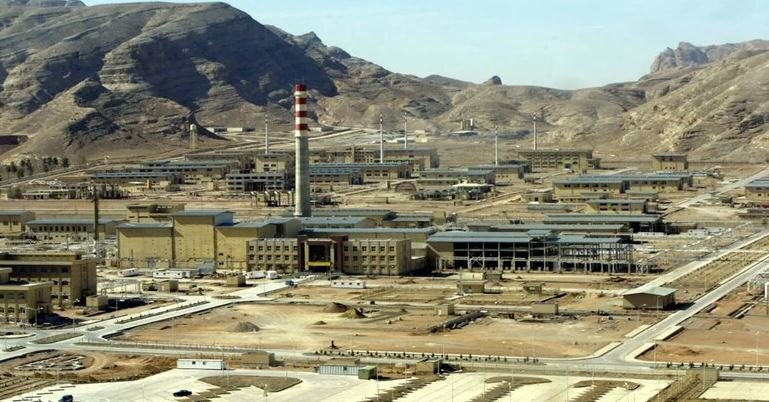IAEA access to Iran's nuclear sites to stay restricted
Nuclear chief says parliamentary legislation will guide engagement

TEHRAN – The head of the Atomic Energy organization of Iran (AEOI) says the criterion for the country’s engagement with the International Atomic Energy Agency (IAEA) will be the June legislation passed at Iran’s Parliament.
“Our relationship with the IAEA will be based on the law adopted by Parliament, and the Supreme National Security Council [of Iran] will be the authority to decide on the matter based on the AEOI’s report,” said Mohammad Eslami.
“The IAEA should fulfill its legal duty, but it has not even condemned the [US] attack on our nuclear facilities,” he added.
On September 9, Iranian Foreign Minister Abbas Araqchi and IAEA Director General Rafael Grossi reached an agreement on practical modalities to resume cooperation after a meeting in the Egyptian capital, Cairo.
It came after the Iranian Parliament unanimously passed legislation requiring the administration to suspend all cooperation with the IAEA following the Israeli-U.S. aggression, which targeted three of the country’s nuclear sites in a clear violation of international law and the Nuclear Non-Proliferation Treaty (NPT).
On September 19, the 15-member UN Security Council failed to adopt a resolution that would have prevented the reimposition of UN sanctions on Iran after the E3 triggered the "snapback" mechanism.
Tehran was accused of failing to comply with the nuclear deal, formally called the Joint Comprehensive Plan of Action (JCPOA).
Iran rejected the "illegitimate" move by the European Troika, saying the United States had already pulled out of the deal. Tehran also accused the European trio of siding with illegal sanctions instead of honoring their own commitments.
One month after the signing of the Cairo Agreement — once hailed as a step toward restoring technical cooperation and mutual confidence — the deal has effectively been suspended. Recent remarks by Araghchi and other government officials indicate that the latest political and security developments, particularly the activation of the “snapback” mechanism by three European countries, have rendered the agreement practically inoperative.
The Cairo Agreement, signed after three rounds of intensive, aimed to create a new framework for technical and oversight cooperation. It was essentially a diplomatic effort to prevent further escalation following the Iranian Parliament’s resolution requiring the government to suspend voluntary cooperation with the IAEA.
At the time of signing, Araghchi warned that the continuation of the agreement depended on the absence of any hostile actions against Iran, emphasizing that if the snapback mechanism were triggered or previously lifted UN Security Council resolutions reinstated, Iran would consider the accord null and void. Only a few weeks later, that warning materialized.
In his remarks to reporters on the sidelines of a Wednesday cabinet meeting, Eslami also said that Iran will continue its peaceful nuclear activities. “Under the NPT, Iran has the right to pursue a peaceful nuclear program. This is an undeniable right of the Iranian nation and it will be preserved,” he stated.
For the IAEA to regain access to Iran’s nuclear sites, new negotiations must be held among Iran, the IAEA, and the United States. Iran has said it is willing to take measures to build confidence that it does not intend to develop nuclear weapons, but it has made clear that talks will not take place while Washington persists in imposing sanctions and issuing threats.
